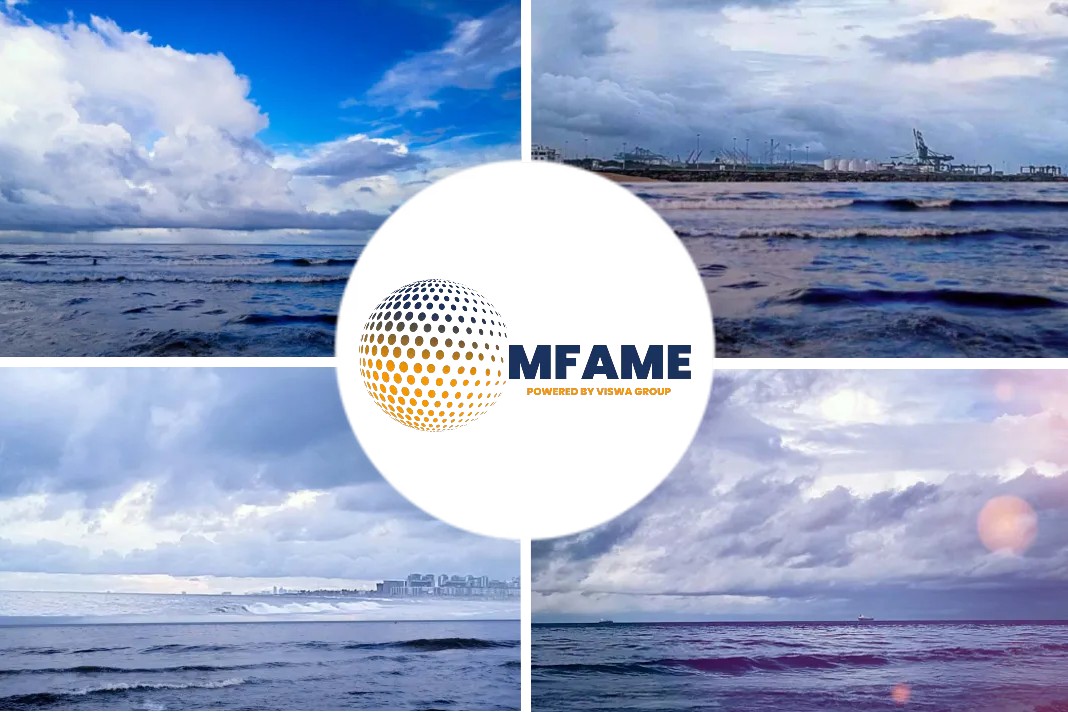
Bangladesh remains one of the largest recyclers of old ships in the world, despite a decrease in the total tonnage demolished last year, according to a UNCTAD report.
Burying Ground For Vessels
The country has become the burying ground for more than one-fourth of the world’s total tonnage of vessels sold for demolition in 2017, says the United Nations Conference on Trade and Development (UNCTAD) annual Maritime Review that came out last month. Only neighboring India has recycled more ships in terms of tonnage than Bangladesh during this period, the UNCTAD figures show. Last year, the global report says, the gross tonnage of vessels sold for demolition around the world stood at 22.916 million tonnes. In contrast, the gross tonnage of vessels sold to Bangladesh was 6.26 million tonnes during the same period.
This means, around 27.32 per cent of the total ship demolition in the world took place in Bangladesh last year. Still, this is a significant reduction from 2016 when a total of 8.24 million tonnes of vessels were demolished at the shipbreaking yard of Chattogram. The reduction is, however, part of the worldwide trend- as globally, the number of ship demolitions in 2017 were almost a quarter less in gross tonnes than in 2016, something the UNCTAD report termed ‘an indicator of improved market optimism’.
Upward Trend Witnessed
“The global price of ship demolition per tonnage is seeing an upward trend for more than a year,” said Nazmul Islam, assistant secretary of the Bangladesh Ship Breakers and Recyclers Association. “The tonnage price of worn-out ships has hovered between US$ 400 and US$ 450 in recent times. This is significantly higher than the usual,” he added. Local auto re-rolling and steel mills have long been a major customer of the local ship breakers-as the scraps produced from the ship-breaking yards are major sources of raw materials for these mills. The industry insiders, however, noted that India and China were becoming major alternative sources of raw materials for the re-rolling mills. “Due to treaties like South Asian Preferential Trading Arrangement (SAPTA) and the associated low tariffs, rerolling mills are now importing their raw materials at a far cheaper rate from countries like India,” Nazmul Islam said.
Indeed, Bangladesh was the biggest recycler of oil tankers in the world last year as more than 54 per cent of all oil tanker scrapping in the world took place in the country in 2017, the UNCTAD data showed. Despite being one of the largest in the world, the shipbreaking industry in Bangladesh has often been subject to scrutiny from both home and abroad due to its questionable environmental and labor standards.
Did you subscribe to our newsletter?
It’s free! Click here to subscribe!
Source: Thefinancialexpress






















